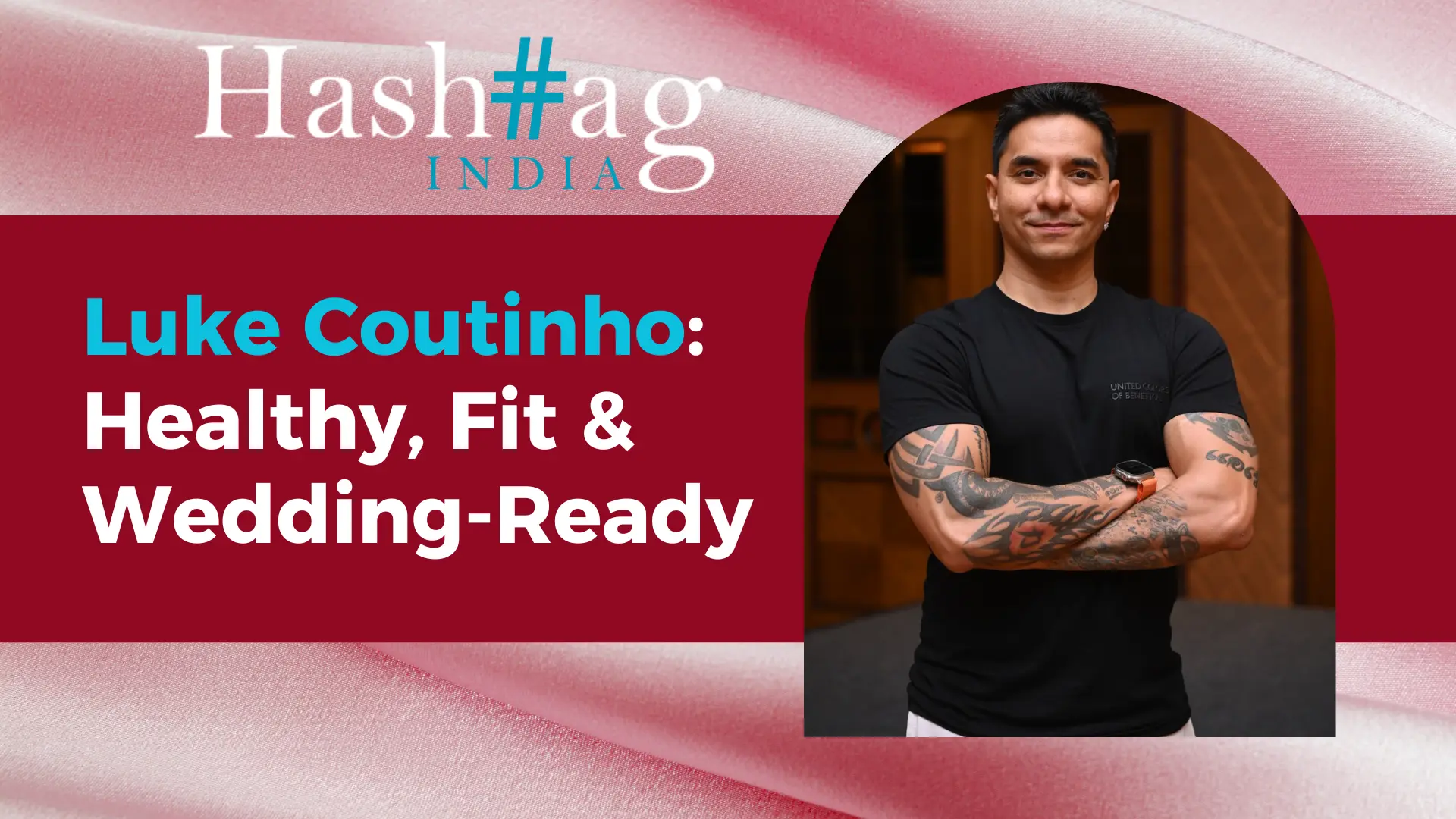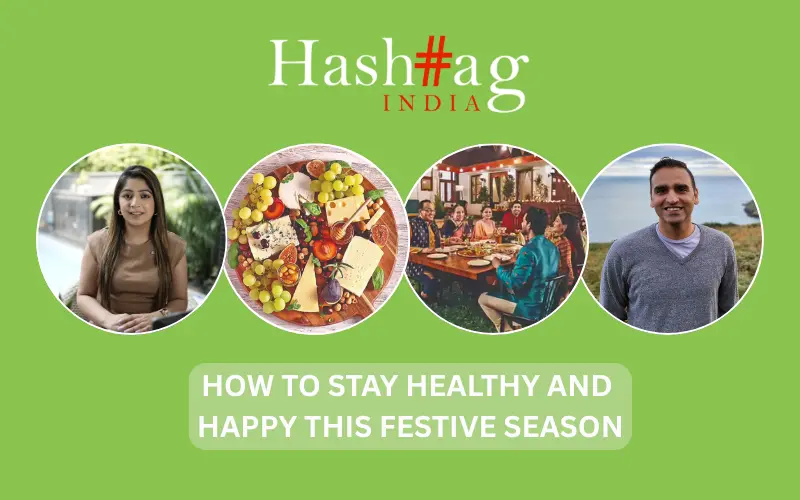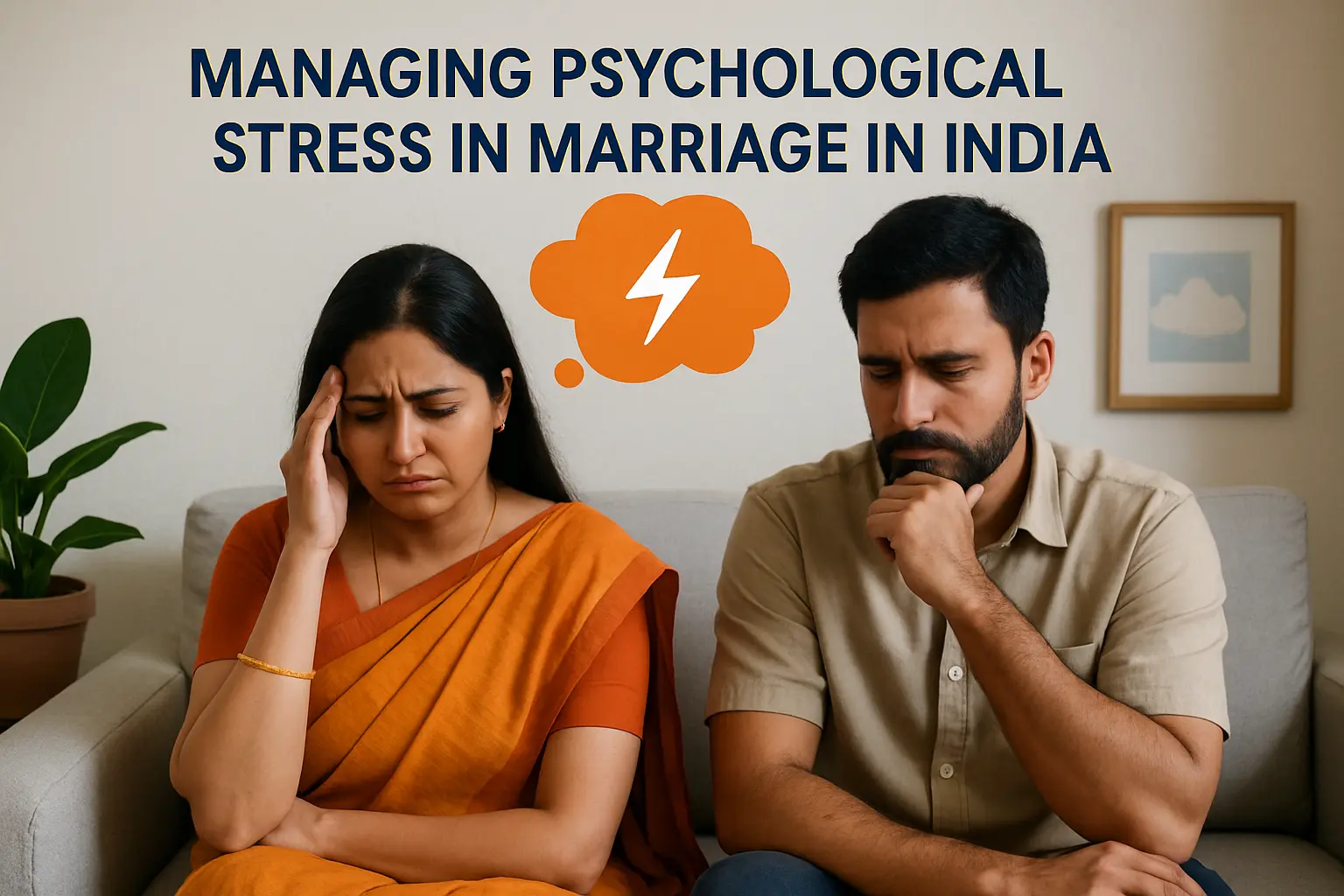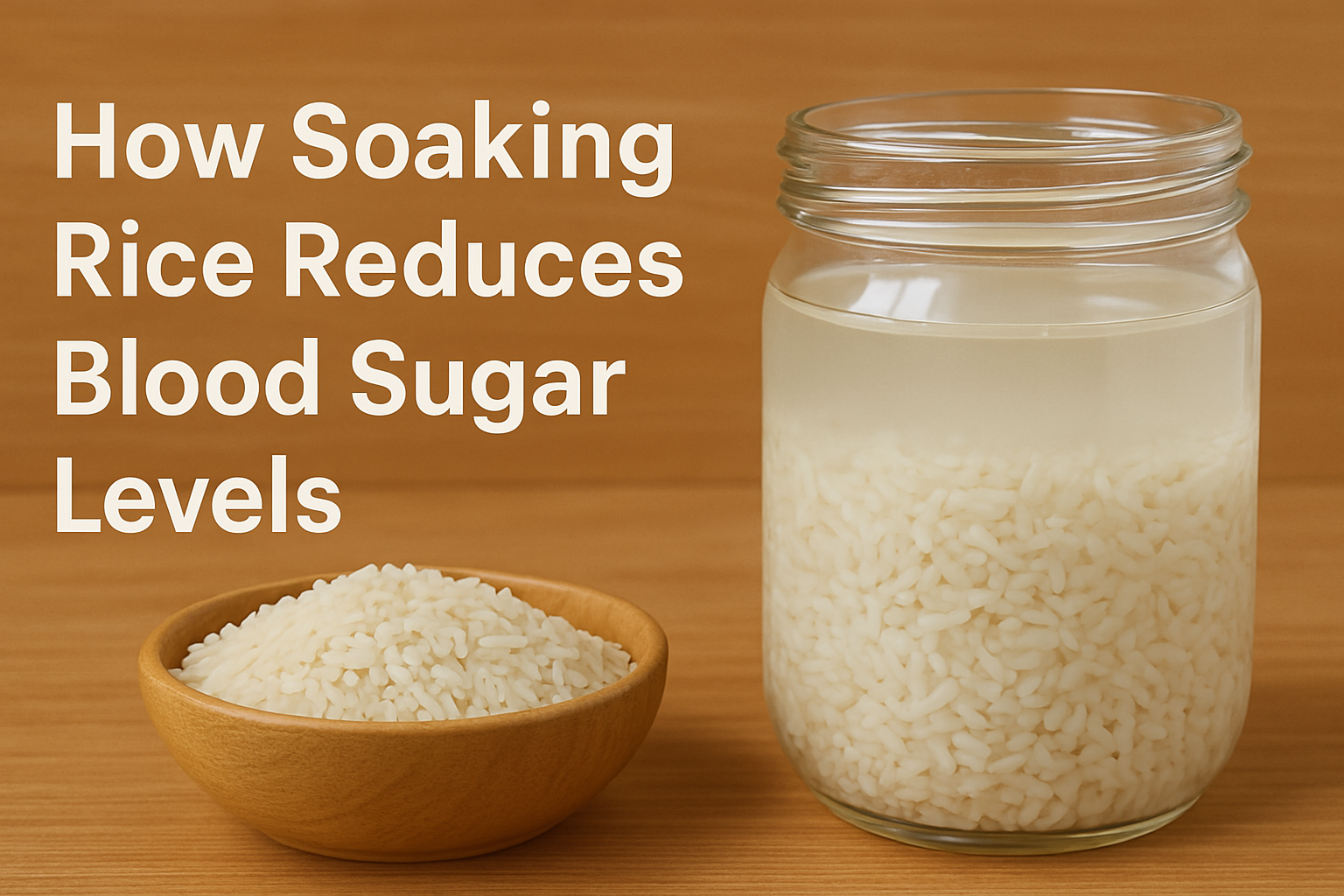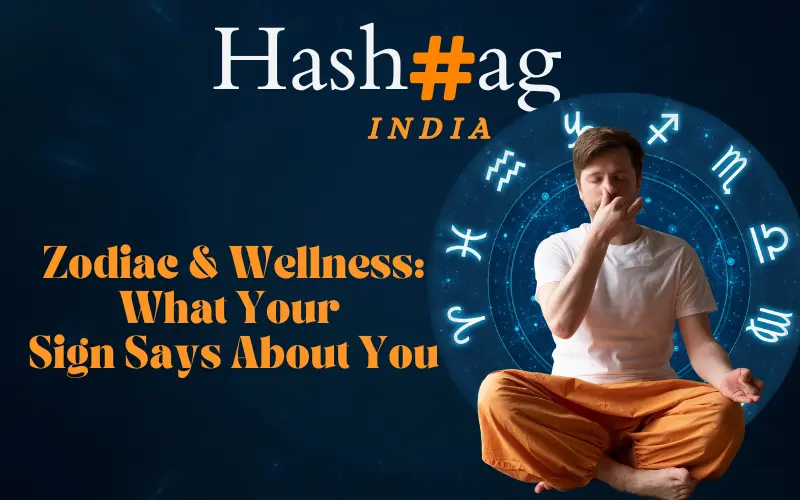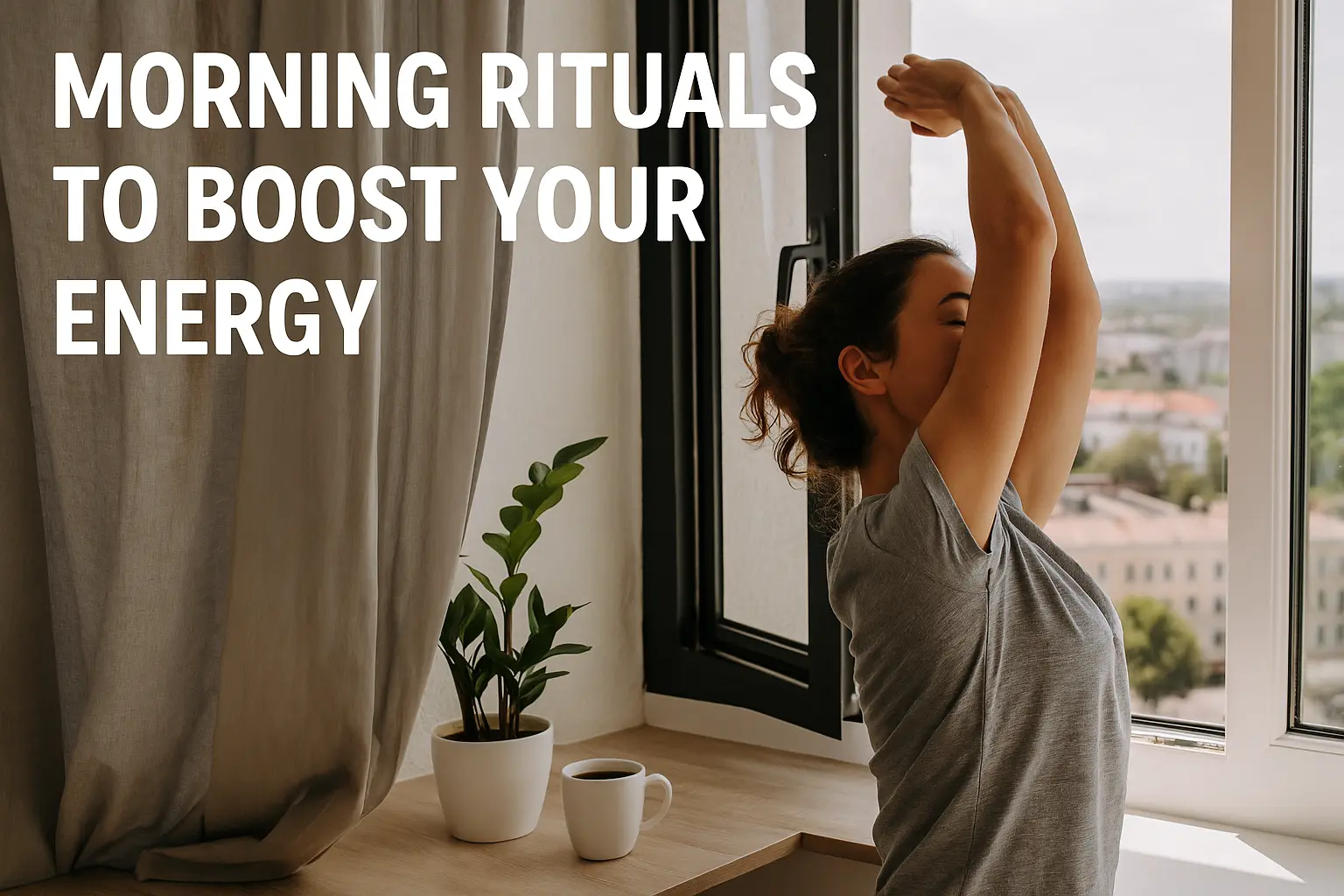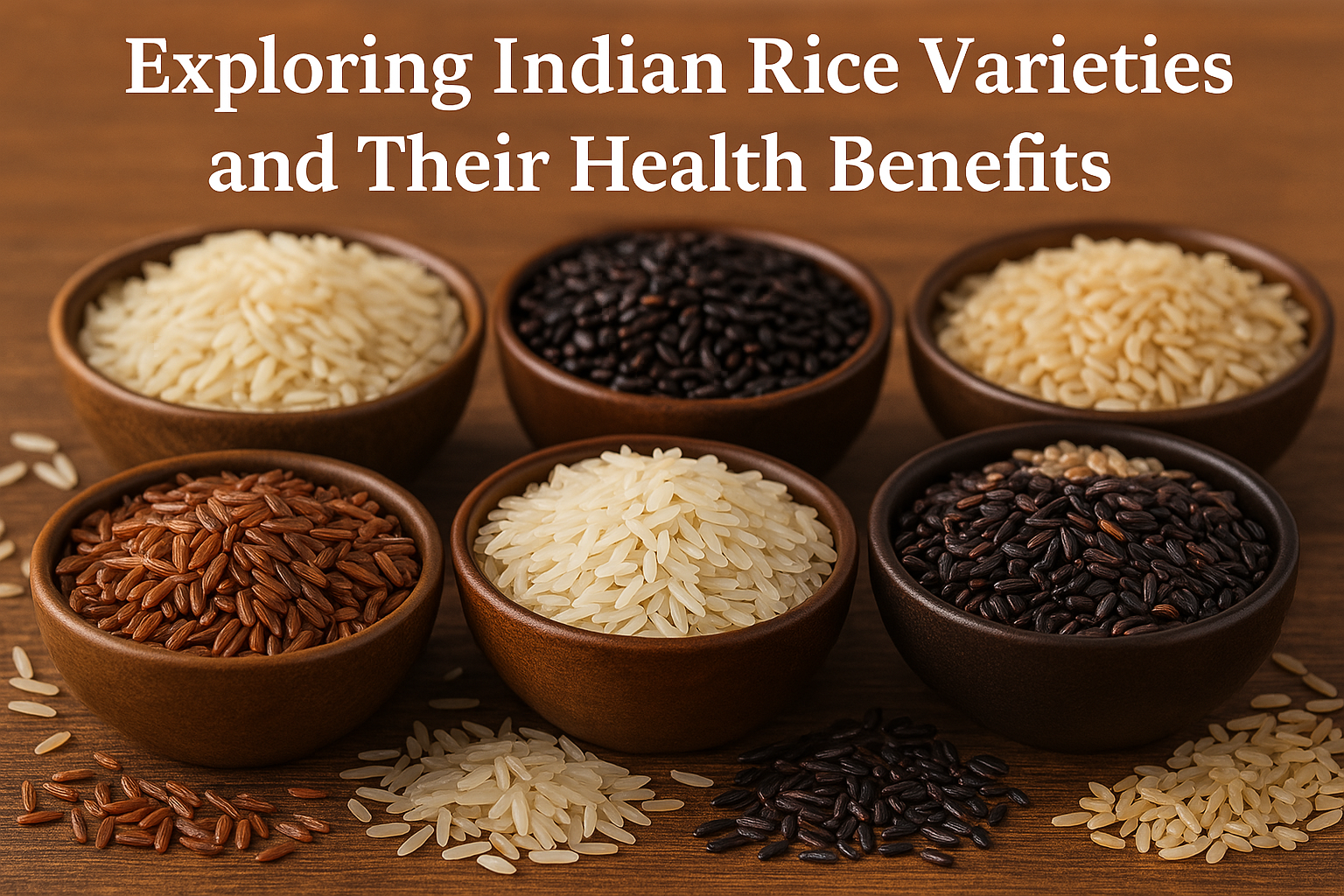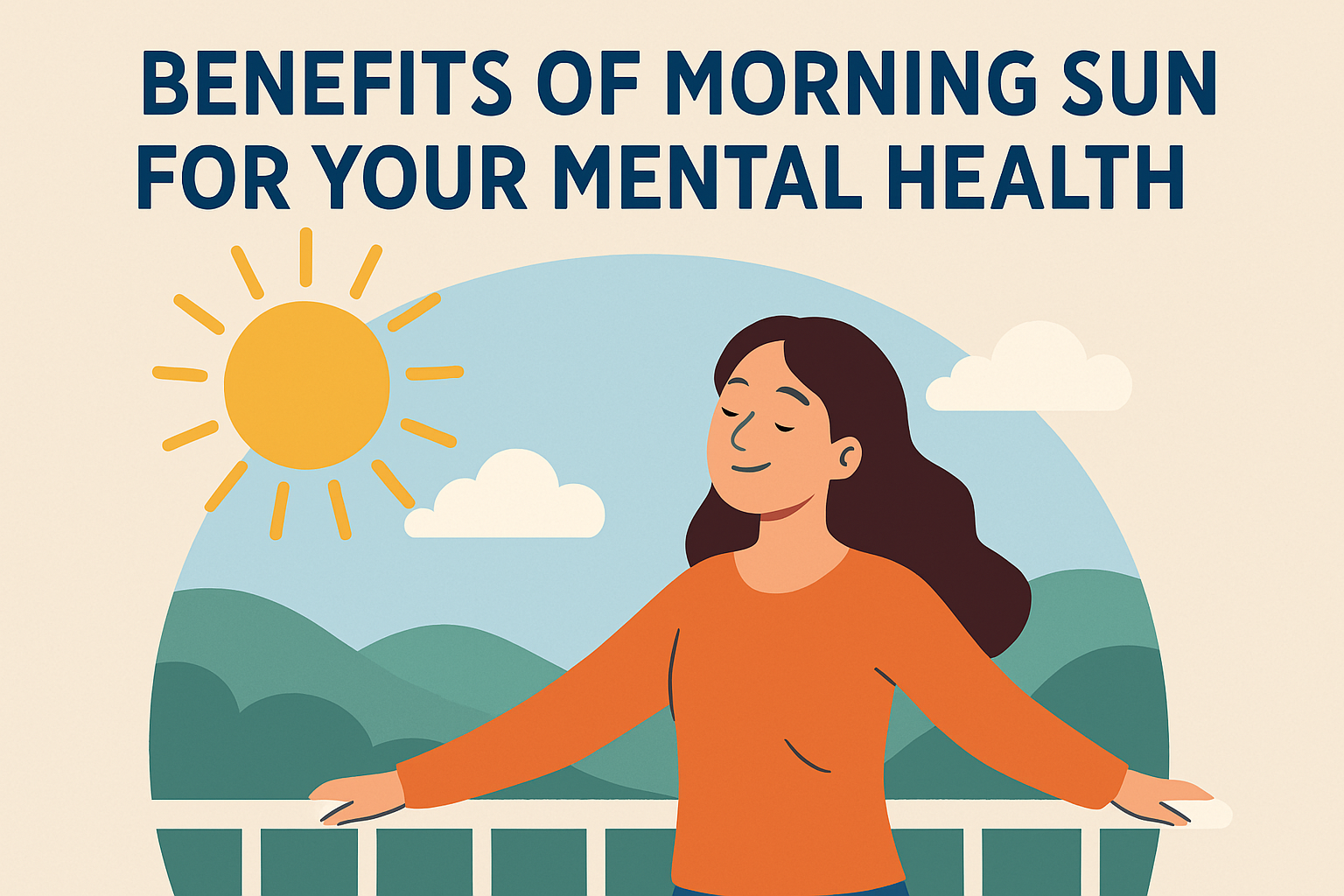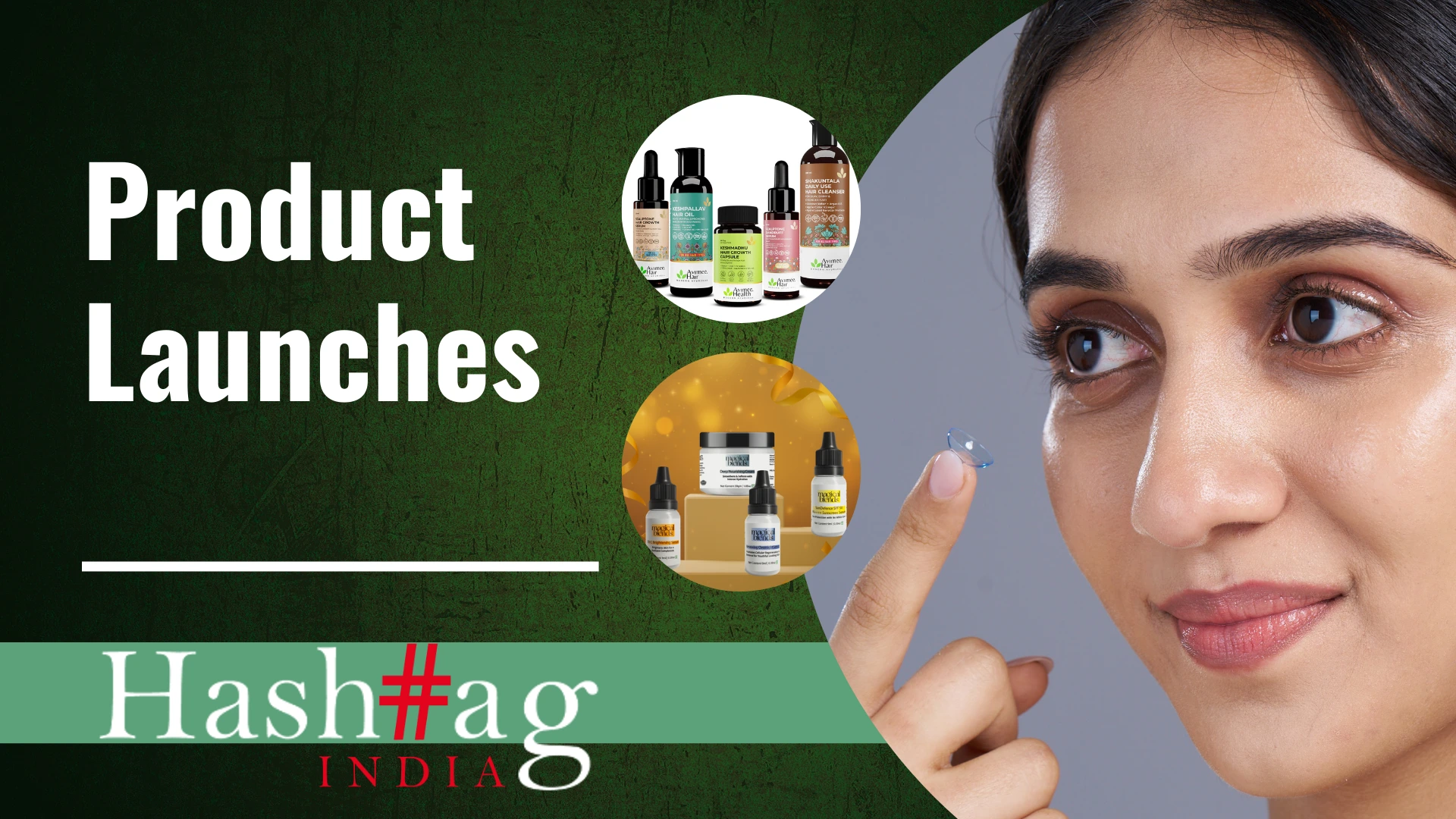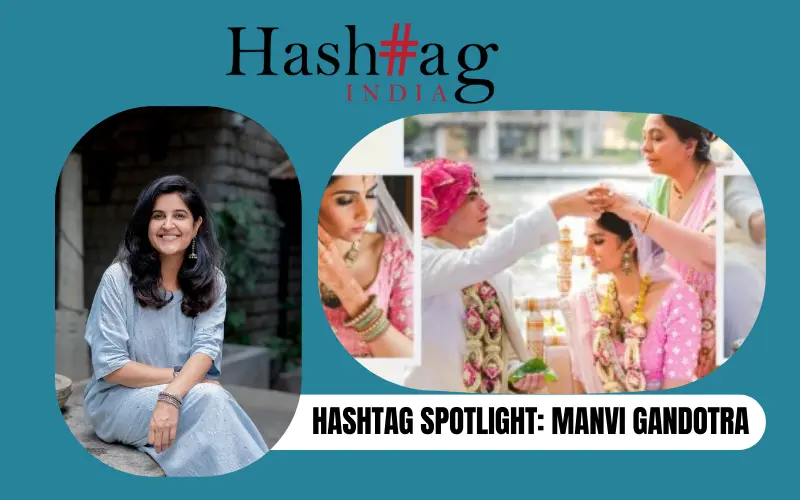Talk about an illustrious career! Dr Aditi Govitrikar went from obstetrician/gynaecologist to being a model and then turned to acting! Her most recent qualification is that of a counselling psychologist. In an eye-opening interview, Bidisha Barik discusses mental and physical well-being with the 90s star, who has many feathers in her hat as a wellness expert, medical doctor, psychologist, actor, and supermodel. Dr Govitrikar also highlights how mental health continues to be stigmatised in India and how individuals must take initiative to help those who are struggling with the same.
1. What impact has your transformation from actor to wellness expert and psychologist had on you as a person?
I still perform, and I recently finished two web series for Netflix and Disney+ Hotstar. I do, however, act as a wellness expert, a psychologist, and a counsellor. The effect this has had on me as a person is that I prefer to remain cool in the face of adversity, and I’m a lot better at dealing with hurdles.
I don’t fixate on bad ideas or feelings since I can snap out of it pretty fast. As a human being or as a person who lives in the moment, I am acutely aware of my thoughts and feelings. At the same time, I’m conscious of other people’s body language and what isn’t being spoken, and I’m tremendously at ease in being quiet, not only with myself but also with others’ silence. I utilise this to empower individuals who come into touch with me, which is my life’s goal: that whoever encounters me should learn, even if they don’t advance to the next level, even if it’s only a baby step. That is how development is made. It is by this principle that I live now.

“It all comes down to ‘Consistency.’”
2. What are your thoughts on the mental illness taboo that still prevails today? What can be done about it?
I believe that much more needs to be done in the area of mental illness and its taboo because it is still very prevalent in India. People still regard depression, panic attacks, anxiety, or any other mental illness as a sign of weakness, and this is something that we need to talk about in mainstream media and on social media.
We need influencers to talk about it because that is how people will become aware of it. And people will realise that mental illness is something that can be treated, managed, and is not a sign of weakness. It is not something that can be remedied by going for a stroll, watching a movie, or eating ice cream.
3. What does a healthy lifestyle means to you?
Consistency and tiny measures made every day are what lead to you being healthy in the end. I can’t get up one morning and say, “Today, I’m going to work out for three hours and that will take care of my physical health.” It is critical that you exercise for at least 15 minutes or half an hour every day since this will ultimately contribute to physical well-being.
Similarly, when it comes to mental health, it’s crucial to consider that we pay a lot of attention to our physical health and pay attention to what we eat, but we don’t pay attention to what our brains eat. Detoxing your mind, sitting still and calmly, and paying attention to what your mind consumes are all essential. A healthy lifestyle, in my opinion, is one that strikes a balance between physical and mental well-being.

“A healthy lifestyle, in my opinion, is one that strikes a balance between physical and mental well-being.”
4. What are your healthy behaviours on a daily basis?
I work out five times a week, alternating between strength, endurance, and flexibility. So, I do weight training twice a week and cardio on the other days. I also do flexibility exercises to keep my spine and joints flexible. Aside from that, I undertake intermittent fasting three to four times a week, ranging from 14 to 16 hours. I drink enough water and I am a vegetarian, which is beneficial for my health, and I enjoy eating vegetarian meals. Meditation is an important part of my life, and if something negative occurs, I talk to someone and evaluate the problem; this is how I stay healthy.
5. What advice would you give to anybody who struggles to be physically and mentally fit?
Stop struggling is my counsel to everyone who is struggling to be mentally and physically fit. There is no need to put up a fight. I place a high value on language and vocabulary, so instead of saying “I’m battling to get in shape,” we could say “I’m going on a path to achieve a specific level of physical fitness,” which is the goal you should set for yourself. In terms of important goals, be extremely explicit in what you say to yourself.
Defining your goals in very concrete words is the start of a fantastic adventure. One thing I will say is that it all comes down to ‘Consistency.’ You must take action to improve your physical and emotional well-being. Exercising for 15 minutes every day or practising meditation can set you on the road to achieving your goals. Consistently take baby steps and be gentle to yourself.

6. Three myths surrounding mental health?
The first of three incredibly widespread mental health misconceptions is that you will be OK on your own or that love will cure it. It’s not required that if I have someone in my life who isn’t feeling well and they receive soft, caring attention, they will feel better. If a bone fracture occurs, we seek expert assistance with casting and allow time for healing. Similarly, when our minds are troubled, it is crucial to get expert care; love alone will not be enough to repair mental health disorders. Yes, it is important to help someone who is suffering from mental illness; nevertheless, the medicine may be necessary at times, and this does not imply that your love for your spouse, friends, or others is diminished.
The second widespread misconception is that it is a sign of weakness. That is not the case; it is chemical in nature, and biochemistry in the body may change, resulting in a variety of problems. Seeking treatment for mental health issues is a sign of strength.
The third misconception is that children do not experience depression. Panic attacks, despair, and other mental health concerns can affect children. Do not disregard it. Any mental health condition does not differ based on age.
“It all comes down to ‘Consistency.’”
Myth-Busting Mental Heath
- Love alone will not be enough to repair mental health disorders.
- Seeking treatment for mental health issues is a sign of strength.
- Mental health concerns can affect children.
7. First thing you do after waking up in the morning?
I convey my appreciation. I express gratitude for the fact that I can breathe, that I have a roof over my head, that I have close loved ones, and so on.


